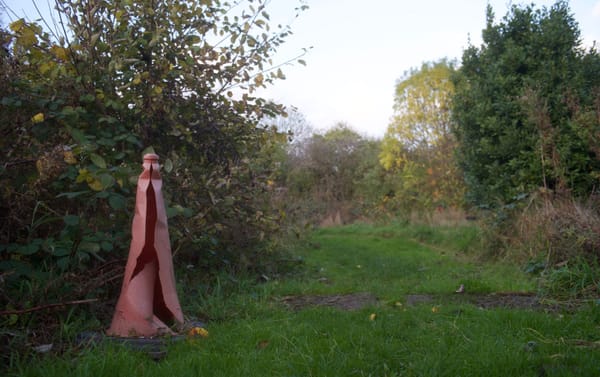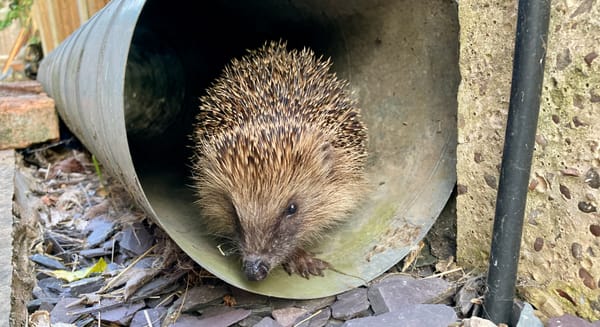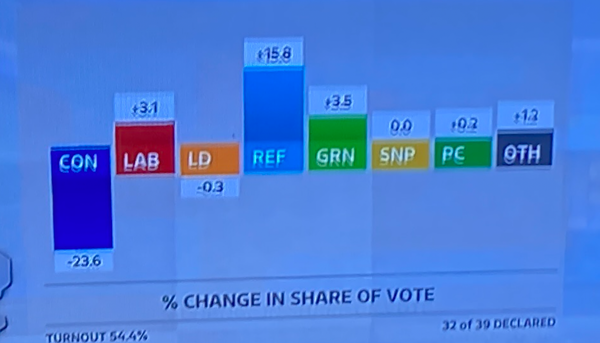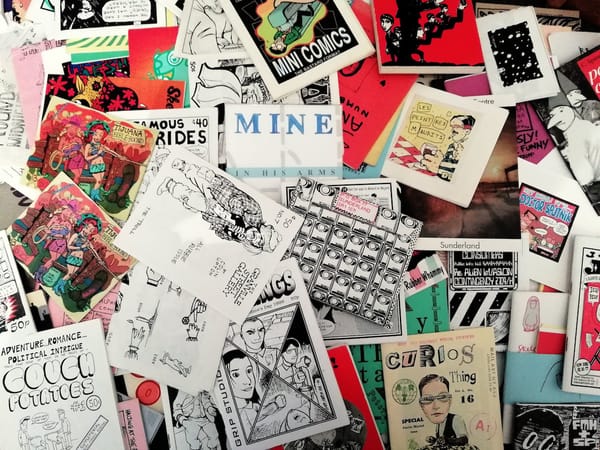Owning a trampoline
One lockdown phenomena I've seen very little written about was the rapid spread of trampolines across suburbia. From my back garden there were four within hearing range, sproinging away and very occasionally falling into glorious synchronisation as eight small feet hit the springs at exactly the same time, before drifting back to their demented rhythm.
Jeremy Wilson noticed it, because he was one of the parents who bought a trampoline to tire out his kids while he tried to get some work done. His article, Every Child on their Own Trampoline, uses this to explore how consumerism under capitalism has affected how children play and, by extension, how we socialise. "Every family has its own trampoline. Meanwhile, the playground round the corner falls apart quietly."
Capitalism pushes us towards private affluence. We aspire to acquire our own things. Shared things are seen as second best, something of an inconvenience. Politics responds accordingly, prioritising economic growth and 'more money in your pocket', rather than shared goods and services. So everyone has their own lawnmower while the grass grows long in the park. People get their own exercise bikes or rowing machines, and the gym at the local leisure centre starts to look tired and under-funded. The wealthy pay for childcare or hire a nanny, but the early years nursery closes down.
As a Gen-X kid who grew up in the 80s, my adult life often feels like an endless de-programming exercise, a battle between my desire to be a better person living in a better world (by some definition of "better") and the self-centred Oikos ideology that infested the psyche of the English under Thatcherism.
Which is to say I'm still addicted to owning stuff. I want my own books, my own tools. Rationally I want to be part of a library or a tool-sharing club. Rationally I don't need my own circular saw. But emotionally I like having it there.
We don't use the car that much, maybe once or twice a week to go shopping with a trip out of town to a farm for hay every month or so. A car-sharing service would make much more sense, but there's a resistance to not having our own car that is weirdly strong. (And I should add I have no interest in or love for cars and don't really enjoy driving.)
I'm thinking, as one often does, of Mark Fisher's concept of Capitalist Realism, the "widespread sense that not only is capitalism the only viable political and economic system, but also that it is now impossible even to imagine a coherent alternative to it". If, like me, you were born in the 1970s and only really starting thinking about how the world works in the 1980s, then challenging the status quo is very hard indeed, particularly on an emotional level.
We could have a fucking awesome communal trampoline in the park, managed and maintained by the council, funded by taxation and available to all. But that's impossible, so every back garden has a trampoline.
Sproing.



